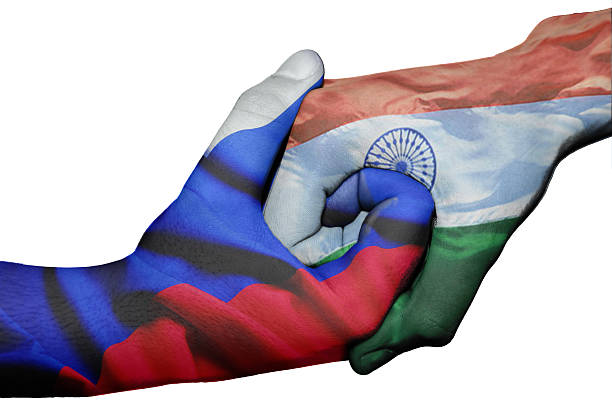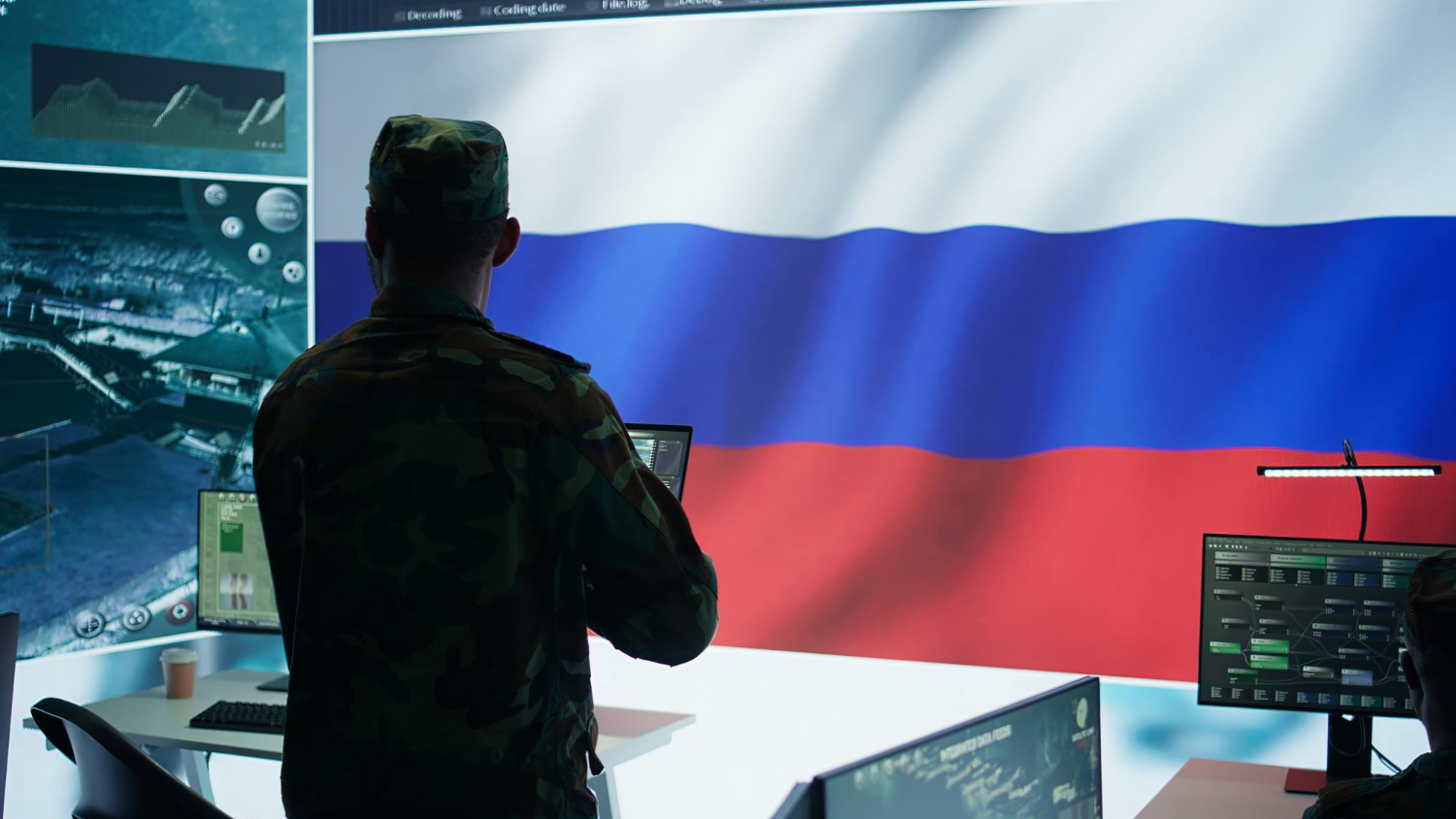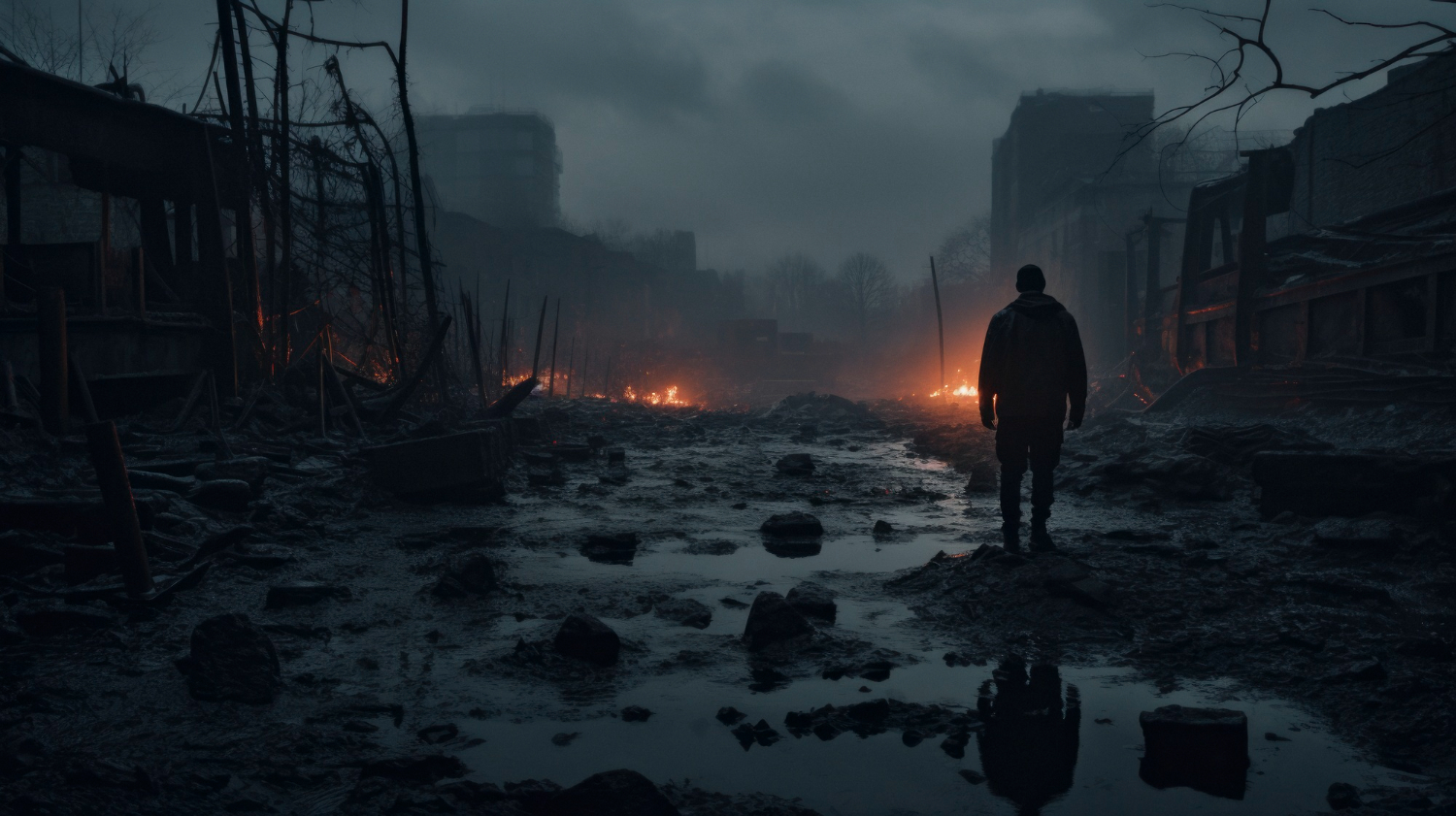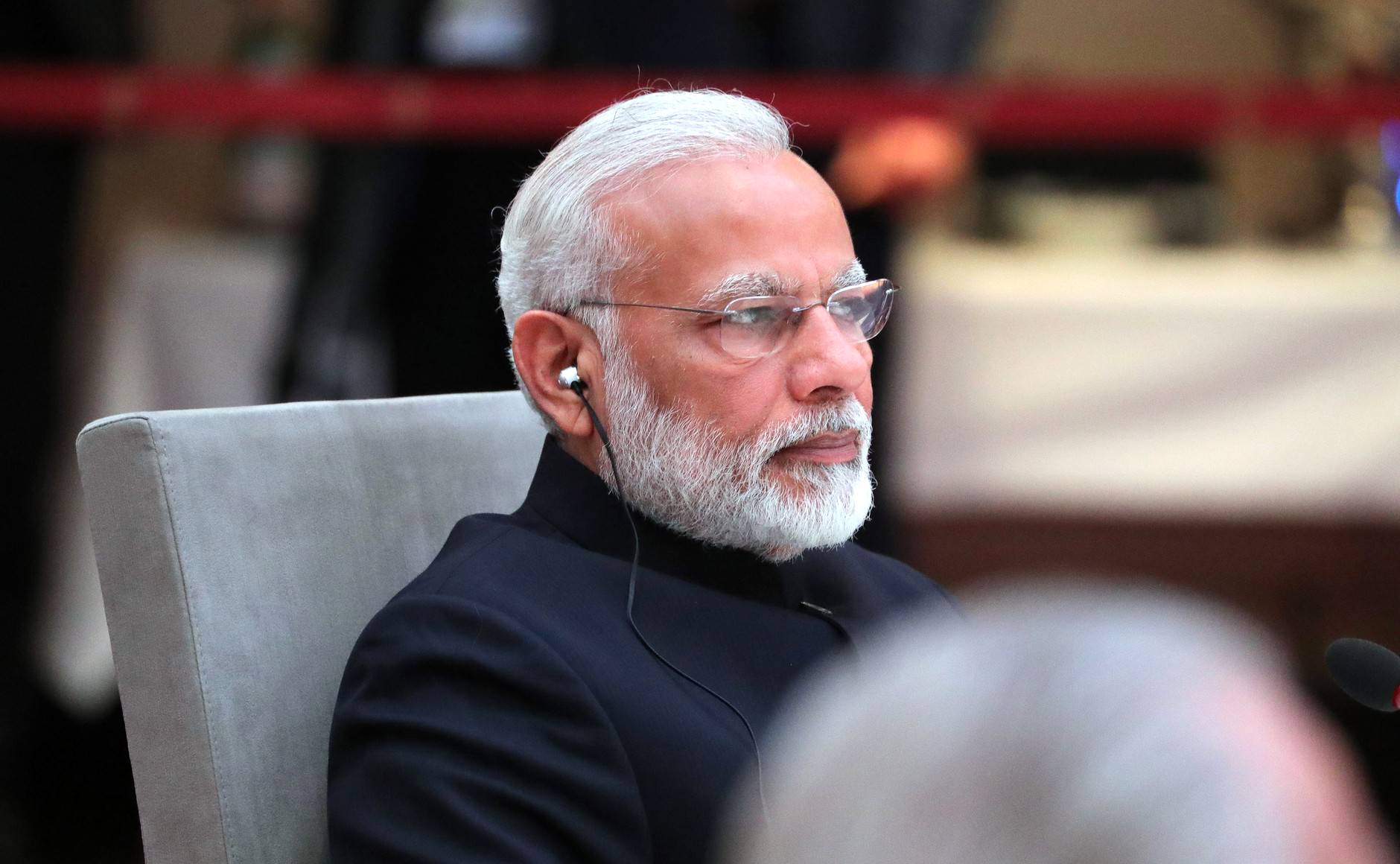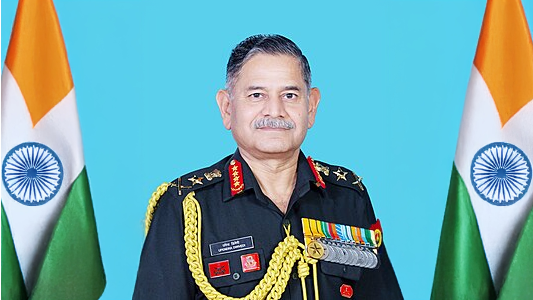Israel-Iran War: Abbasi was the former head of Iran’s Atomic Energy Organization. For the past two decades, he had been considered a key figure in the development of Iran’s nuclear program.
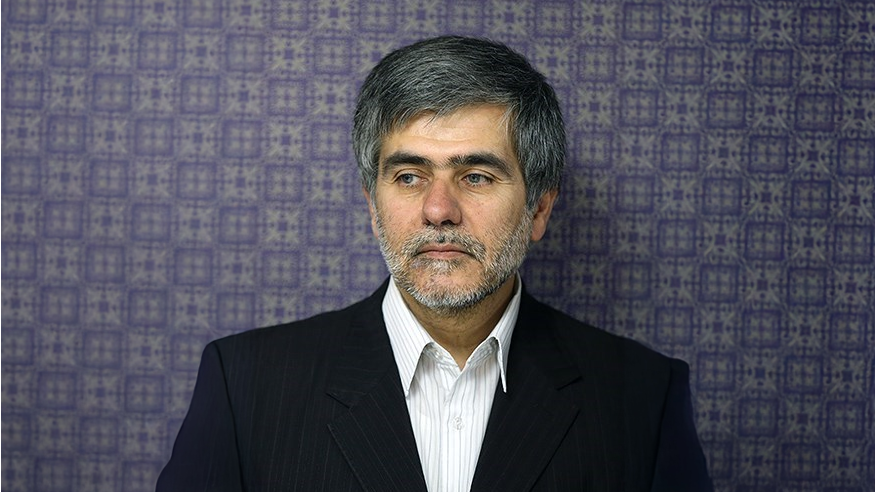
Israel-Iran War: Israel Confirms Airstrikes on Iran’s Nuclear Sites; Key Scientist Killed in Operation
Tehran: Israel has officially claimed responsibility for launching “Operation Rising Lion,” targeting key nuclear facilities in western Iran. In a bold statement on Friday, Israeli Prime Minister Benjamin Netanyahu justified the attack, saying, “If we hadn’t struck, we were 100% certain to be struck ourselves.” This strategic operation reportedly destroyed Iranian air defense systems and key nuclear infrastructure, including highly sensitive locations such as Natanz.
One of the most high-profile casualties of the operation was Fereydoon Abbasi, a top nuclear scientist and former head of Iran’s Atomic Energy Organization. Abbasi had long been seen as a key architect behind Iran’s nuclear development and was previously sanctioned by the United Nations. Despite his controversial image internationally, Abbasi consistently claimed that Iran’s nuclear efforts were meant for peaceful purposes.
Iran’s Own A.Q. Khan
Abbasi had earned the nickname “Iran’s A.Q. Khan”—a reference to the Pakistani scientist credited with developing Pakistan’s nuclear arsenal. Over the past two decades, he was seen as a central figure in Iran’s atomic ambitions. He maintained that nuclear research was vital for Iran’s national sovereignty and technological progress.
In 2010, Abbasi narrowly escaped an assassination attempt in Tehran when a motorcycle-borne assailant attached an explosive device to his car. This was part of a string of attacks on Iranian nuclear scientists, widely attributed to Israeli intelligence agencies.
Longstanding Media Attention
Abbasi became a known figure in the global media after 2007, when Iran opened parts of its nuclear program to the international press. He was present during a press tour of the uranium enrichment facility in Isfahan, where he interacted with journalists and defended Iran’s nuclear objectives.

At the time, Abbasi served as a professor at Shahid Beheshti University in northern Tehran. According to university records, he also held the post of Deputy for Students and Cultural Affairs, overseeing student welfare and hostels. He taught nuclear engineering to future generations of Iranian scientists.
Promoter of Local Nuclear Research
One of Abbasi’s primary goals was to promote domestic nuclear research in Iran. He often criticized international bans that prevented Iranian students from studying nuclear science abroad. In an interview, he said, “The Western restrictions aim to block our youth from advancing in nuclear and related engineering fields. So, we decided to build that expertise internally.”
Abbasi’s statements often raised eyebrows globally. In a 2007 interview with journalist Nathan Hodge, he compared nuclear technology to tools like knives—useful but potentially dangerous. “If you can peel an orange with a knife, you can also kill with it,” he said, implying that Iran’s nuclear technology should not be judged solely by its potential weaponization.
Despite his earlier stance that Iran was not seeking nuclear weapons, Abbasi gave a different impression in a May 2024 interview with Iranian outlet SNN. Quoted by the Middle East Media Research Institute, he said, “We have not been ordered to build a nuclear bomb. But if asked to, I will build it.” His remarks added to growing suspicions about Iran’s true nuclear intentions.
Avoiding the Topic of Death
When asked about threats to his life in the same interview, Abbasi evaded the question. Instead, he spoke about his legacy, saying that the nuclear program would live on through Iran’s youth. On the question of how long it would take Iran to develop a bomb, he replied vaguely, “Six months, one month, a year, or a day—setting a timeline is a mistake. Once the decision is made, only minor technical adjustments are needed.”
He emphasized that enriching uranium to 90% was the key, and boldly claimed that even if Iran’s nuclear infrastructure were destroyed, it wouldn’t stop the program.
A Symbol of Controversy and Commitment
Fereydoon Abbasi’s death marks a major blow to Iran’s nuclear establishment. Loved by many in his home country and loathed by others around the world, Abbasi represented Iran’s controversial yet determined nuclear journey. With Operation Rising Lion, Israel has once again demonstrated its zero-tolerance stance on nuclear threats in the region, making the Israel-Iran conflict even more tense.
Also Read:
- Israel-Iran Conflict: Israel’s ‘Operation Rising Lion’ Hits Iran’s Air Defenses
- Laser Defense System: Israel’s New Weapon Can Destroy Enemies in Seconds
- Russia-Ukraine War Escalates, WW3 Warning in UK
Author

Sahil V
Sahil V. is a passionate contributor at InsightIndia.in, specializing in world geopolitics and job-related updates. With a keen understanding of global affairs and employment trends, he delivers insightful articles that help readers stay informed and make smarter career decisions in a rapidly changing world.





